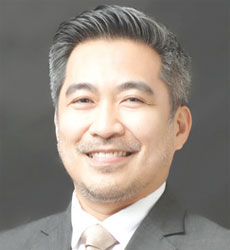SINCE I started my work in the Second Congressional Commission on Education, or Edcom 2, as its chief legal officer last year, I have been asked a lot about whether the current version of Edcom would propose the re-unification of our education agencies under one governing body. It may be recalled that the first Edcom recommended the "trifocalization" of our education system, which paved the way for the enactment of two significant laws in 1994 — Republic Act 7722, creating the Commission on Higher Education (CHEd), and Republic Act 7796, creating the Technical Education and Skills Development Authority (Tesda). These laws allowed the then Department of Education, Culture and Sports (DECS) to focus on the governance of basic education. Eventually, Republic Act 9155, or the Governance in Basic Education Act of 2001, renamed the DECS as the Department of Education (DepEd) and introduced the principle of shared governance providing for specific functions of the Secretary of Education through the central, regional, district, division and school levels in the public school system, and its supervision and regulation functions over private schools. Since then, these three agencies, DepEd, CHEd and Tesda, have all performed their respective mandates under their respective laws but without any administrative relationships connecting them to each other.
Three decades since the "trifocalization," adding two years of high school via the K to 12 program, making higher education free in all state universities and colleges, and now that the Philippine education sector is said to be in the midst of a learning crisis, people start to wonder whether it's time to go back to one education agency at the helm.
Continue reading with one of these options:
Ad-free access
P 80 per month
(billed annually at P 960)
- Unlimited ad-free access to website articles
- Limited offer: Subscribe today and get digital edition access for free (accessible with up to 3 devices)


